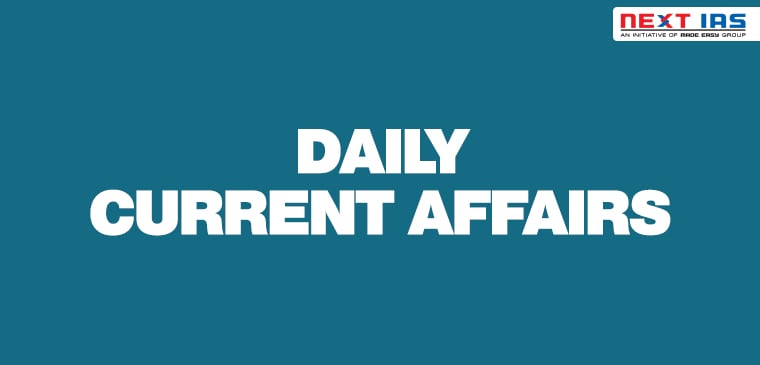
In News: Recently, RBI came out with the draft guidelines for allowing derivatives trading in the Credit Default Swaps (CDS) in over-the-counter (OTC) markets and on recognised stock exchanges in the country.
Guidelines
- Eligible Debt Instruments
- Debt instruments which will be eligible to be a reference / deliverable obligation in a CDS contract include
- Commercial Papers, Certificates of Deposit and Non-Convertible Debentures of original maturity up to one year
- Rated Indian Rupee (INR) denominated corporate bonds (listed and unlisted), and Unrated INR bonds issued by the Special Purpose Vehicles set up by infrastructure companies.
- The reference/deliverable obligations shall be in dematerialised form only.
- Asset-backed securities/mortgage-backed securities and structured obligations such as credit enhanced/guaranteed bonds, convertible bonds, bonds with call/put options etc. shall not be permitted as a reference and deliverable obligations.
- Debt instruments which will be eligible to be a reference / deliverable obligation in a CDS contract include
- User classification
- The user of the credit derivatives contract can be retail as well as non-retail users
- Non-retail users will include insurance companies, pension funds, mutual funds, alternate investment funds, foreign portfolio investors. These entities will also be eligible to act as a protection seller in CDS.
- Market-makers: They are entities which can buy and sell protection from/to users and other market-makers in order to provide liquidity to the market.
- It will include Scheduled Commercial Banks (except Small Finance Banks, Payment Banks, Local Area Banks and Regional Rural Banks) and NBFCs, including HFCs, and SPDs with a minimum net owned funds of Rs. 500 crores.
- They will also include Export-Import Bank of India, National Bank of Agriculture and Rural Development, National Housing Bank and Small Industries Development Bank of India.
- Any user who is not eligible to be classified as a non-retail user will be classified as a retail user.
- Retail users will be allowed to undertake transactions in permitted credit derivatives for hedging their underlying credit risk while non-retail users will be allowed to undertake transactions in credit derivatives for both hedging and other purposes.
- The user of the credit derivatives contract can be retail as well as non-retail users
- Restrictions
- Market-makers and users shall not enter into CDS transactions if the counterparty is a related party or where the reference entity is a related party to either of the contracting parties.
- Further, Market-makers and users shall not buy/sell protection on reference entities if there are regulatory restrictions on assuming similar exposures in the cash market or in violation of any other regulatory restriction, as may be applicable.
Credit Default Swap
- It is a financial derivative or contract that allows an investor to “swap” or offset his or her credit risk with that of another investor.
- For example, if a lender is worried that a borrower is going to default on a loan, the lender could use a CDS to offset or swap that risk.
- To swap the risk of default, the lender buys a CDS from another investor who agrees to reimburse the lender in the case the borrower defaults.
- Most CDS will require an ongoing premium payment to maintain the contract, which is like an insurance policy.
- For example, if a lender is worried that a borrower is going to default on a loan, the lender could use a CDS to offset or swap that risk.
- A credit default swap is the most common form of credit derivative and may involve municipal bonds, emerging market bonds, mortgage-backed securities or corporate bonds.
Role Played by CDS
- It played a role in the 2008-09 global financial crisis.
- CDS played a big role in the global financial crisis like Lehman Brothers, the biggest casualty, owed USD 600 billion in debt, out of which $ 400 billion was covered by CDS.
- The RBI was planning to introduce Credit Default Swaps 10 years ago, deferred the move in 2011 in the wake of the global financial crisis in 2008-09.
- Considering the risks involved, the RBI seems to be cautious now as the CDS buyer may default on the contract, thereby denying the seller the expected revenue.
Previous article
Liberalised Guidelines for Geospatial Data
Next article
Google’s Payment Deal with Australian Media Firm